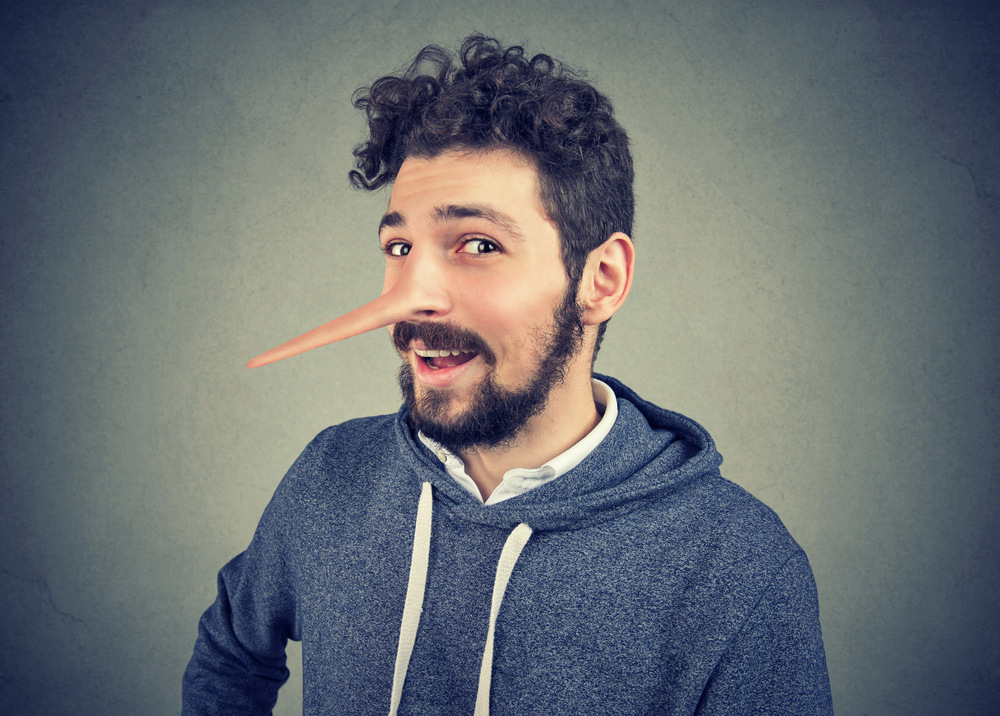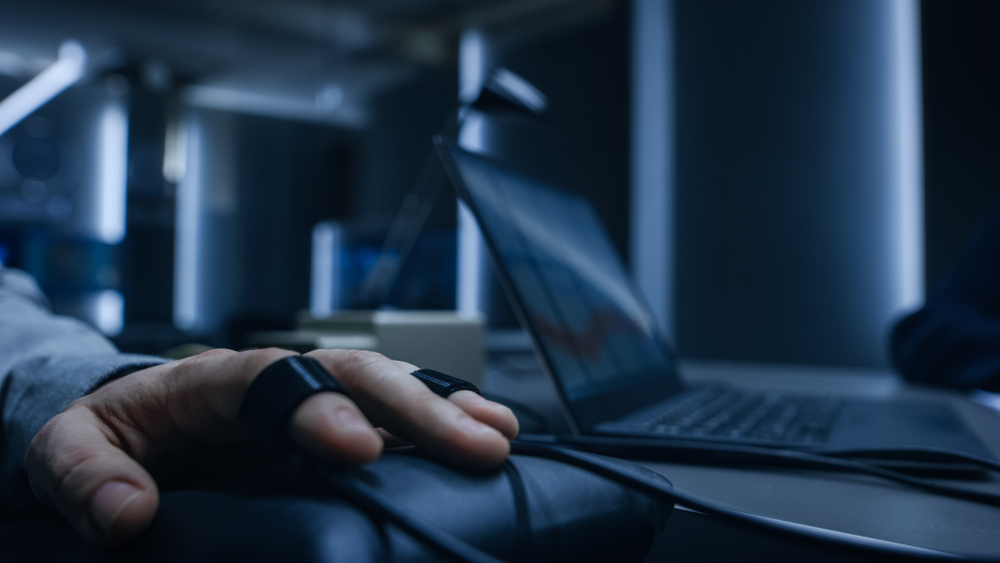They say the eyes are the windows to the soul, but according to John Eastham, an expert from British Lie Detector Test, they’re also the key to spotting a liar. Using his expertise in lie detection and behavioural analysis, Eastham explains how subtle changes in eye movements can reveal when someone is being less than truthful.
The Science: What Your Eyes Can’t Hide
“When someone lies, their cognitive load increases dramatically,” says John. “The brain is multitasking, creating a false narrative, suppressing the truth, and monitoring the listener’s reaction. This strain is often betrayed by their eyes, no matter how skilled they are at lying.”
Key signs to watch for include:
- Increased Blinking: A rise in blink rate can signal heightened stress or mental strain.
- Forced Eye Contact: Contrary to the belief that liars avoid eye contact, many try to overcompensate by maintaining prolonged or unnatural eye contact.
- Quick Gaze Shifts: Darting eyes may indicate discomfort or a subconscious attempt to avoid scrutiny.
- Delayed Responses and Gaze Divergence: Hesitation or shifting focus before responding could suggest someone is fabricating their answer.
“These are the things your eyes can’t hide, they reveal the cognitive struggle behind deception,” John Eastham adds.

How to Use These Signs in Everyday Life
Senior Investigator John Eastham from British Lie Detector Test, offers practical advice on spotting deception, whether in personal relationships, business dealings, or high-pressure situations:
- Watch for Inconsistent Eye Contact: Extreme behaviours,such as avoiding eye contact entirely or holding it too long – can be a red flag.
- Notice Blink Patterns: Sudden, frequent blinking often indicates someone is experiencing stress or nervousness.
- Observe Responses Under Pressure: When faced with tough questions, a liar may exhibit a delay or quick gaze shift as they construct their response.
- Pair Eye Cues with Context: Always consider the broader situation and the individual’s typical behaviour to accurately interpret eye movements.
Senior Investigator John Eastham from British Lie Detector Test,
“Our work shows that while body language, including eye movements, can reveal a lot, professional tools like polygraph testing provide definitive answers when the stakes are high,” says Eastham.





